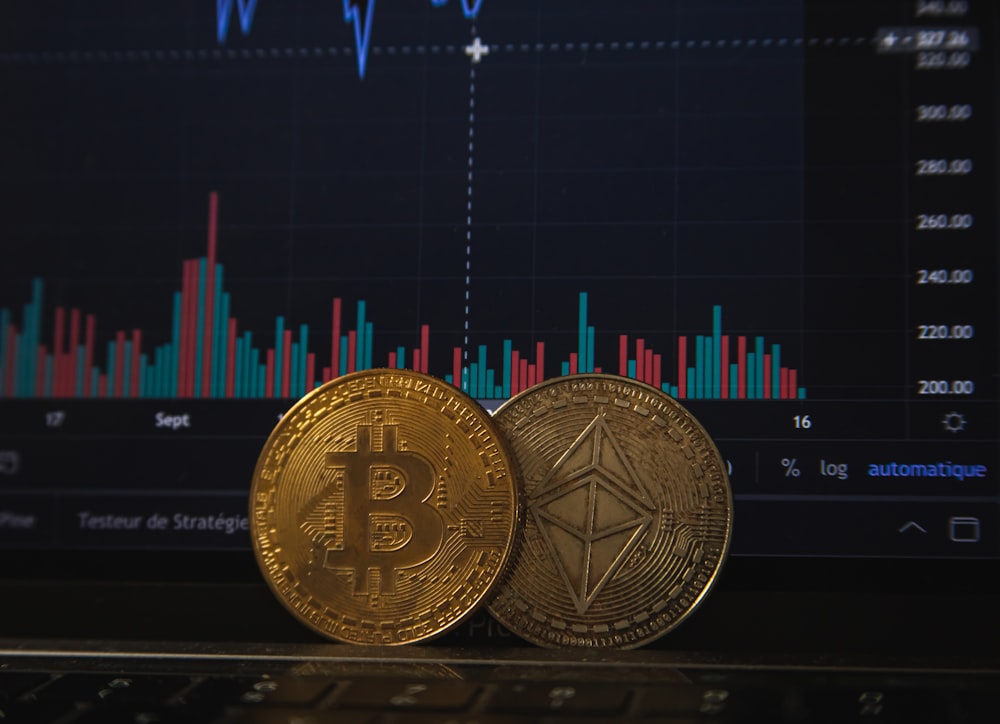Will Cryptocurrencies Become Fiat Currencies?
Photo by Pierre Borthiry - Peiobty on Unsplash
IS BITCOIN STILL THE NEXT BIG THING?
Remember when Bitcoin and other cryptocurrencies were the "next big thing"? For most investors, it was only because the prices were going up in radical fashion.
The anticipation of hitting it big, coupled with FOMO (fear of missing out) overcame fundamental analysis and common sense. Aside from the techno geniuses who created them and maybe a few savvy 'miners', who else could explain the process?
The word "process" is critical to an elementary understanding of any imputed value derived from cryptocurrencies. Simply stated, the value offered by Bitcoin and its counterparts was this: they provided a digital (convenient) process for the 'private' transfer of money.
Proponents of Bitcoin claimed that the elimination of a middleman/bank and the resulting privacy were huge benefits, and they are.
The privacy is attractive for tax and regulatory reasons; taxes and regulations are obstacles to free trade. But it wasn't then, nor is it now, realistic to think that any private transaction system will be allowed to function unimpeded for long if it is successful.
Those who claim to have regulatory authority would not sit by idly without making a concerted effort to intercede. The potential loss in tax revenue would cause any government to declare monetary war.
THE LONG ARM OF THE GOVERNMENT
In effect, they have. Over the past two years, a long list of examples highlighted by the United States Federal Reserve and U.S. Treasury have stated their concern and implemented preliminary discussions regarding the official use of cryptocurrencies. Other countries have announced variations in a similar vein.
The stated justifications for 'official' sanction and use of cryptocurrencies, whatever they may be, are primarily political in nature. Whether it is Janet Yellen citing her concern about money laundering by terrorists, some other high-profile politicians clamoring about monetary stability, or consumer advocates calling for user protection, politics will preempt the markets.
Efforts to regulate and control the use of cryptocurrencies remove the basic, singular advantage of cryptocurrencies - transaction privacy. Without that privacy, all that is left is another form of digital currency. Most financial transactions today are digital in nature, anyway, so nothing is gained.
Investors who still think that Bitcoin and other cryptocurrencies can make them rich are fooling themselves. Once governments are fully in control, it will no longer be a free market.
Whatever creative names the regulators and bureaucrats come up with won't change the end result of this exercise, either. Cryptocurrencies will be just another name for fiat currencies.
(Also see Is Bitcoin Money - Does It Have Value?)
More By This Author:
Silver Is A Screaming Bargain
The Fed's Changing Game Plan
Demand For Money Could Cause Deflation
Kelsey Williams Is The Author Of Two Books: Inflation, What It Is, What It Isn't, And Who's Responsible For It And more




